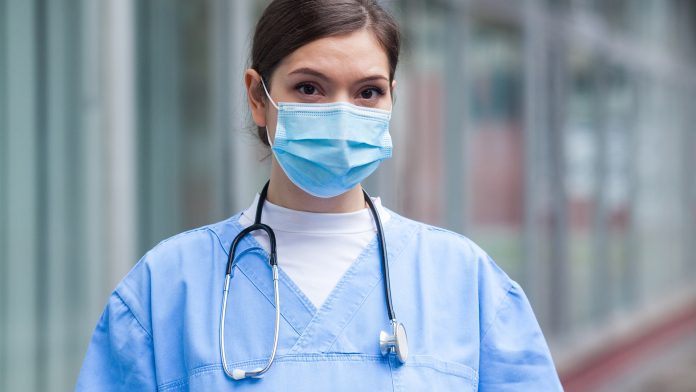
The UK Government have announced that over one million NHS staff will receive a pay rise of at least £1,400.
It has been speculated whether NHS staff would receive a pay rise following strikes and protests. Now, the government have confirmed that over one million staff members – including nurses, paramedics and midwives – will receive a pay rise of at least £1,400, with the lowest earners receiving up to 9.3%.
Health and Social Care Secretary Steve Barclay said: “This government hugely values and appreciates the dedication and contribution of NHS staff, which is why we will give over one million NHS workers a pay rise of £1,400 this year, on top of the 3% they received last year when pay rises were temporarily paused in the wider public sector.”
Who is entitled to the pay rise?
The government confirmed that under the Agenda for Change contract, that NHS staff, including nurses, paramedics and midwives, will benefit from a pay rise backdated to April 2022. This is on top of the 3% pay increase NHS staff received last year.
Furthermore, the lowest earners, such as porters and cleaners, will receive a 9.3% increase in their basic pay this year. Qualified nurses on a £35,600 salary as of March 2022 will now receive around £37,000. The basic salary for newly qualified nurses will increase by 5.5%, from £25,655 to £27,055.
Under this new agenda, dentists and doctors within the Doctors and Dentists’ Remuneration Body (DDRB) remit will also receive a 4.5% pay rise, following the recommendation from the independent NHS Pay Review Body (NHSPRB) and the DDRB in full.
This pay rise does not affect performance pay, overtime, pay progression and pay rises from promotion and further pay uplift.
Continued investment into NHS staff
The government continues to invest in the recruitment and retention of the NHS workforce. Currently, over 4,000 more doctors and over 9,600 more nurses are working in the NHS compared to last year and the 15-year workforce plan is in place to recruit, develop and retain the best NHS staff.
There are plans to expand the number of domestic doctors and funded medical school places by 25%. The expansion will also deliver five new medical schools in England. Furthermore, all eligible nursing, midwifery and allied health professional students continue to benefit from a £5,000 a year training grant, with up to £3000 extra for childcare and those studying speciality subjects.
Moreover, every nurse, midwife and allied health professional working across NHS hospitals and community care and general practice has access to a personal training budget of over £1,000 over three years to personally develop their skills and meet their needs.










